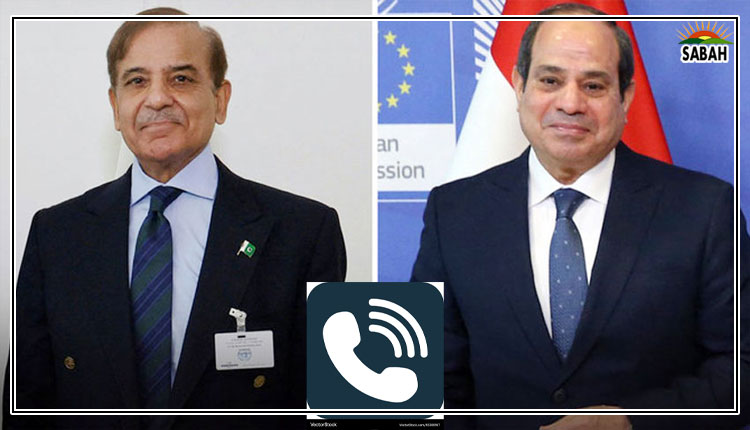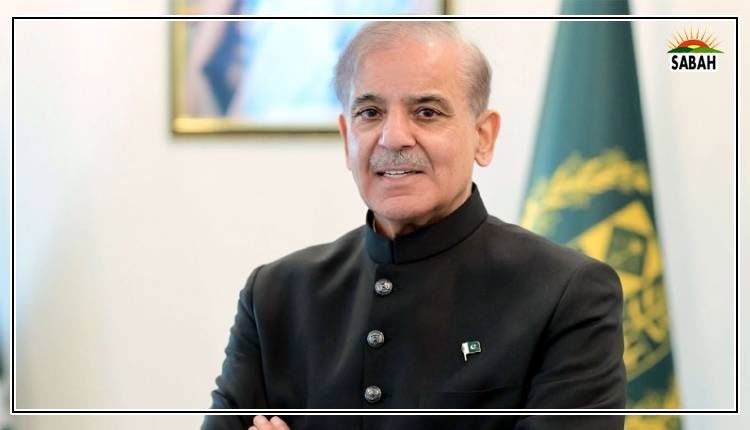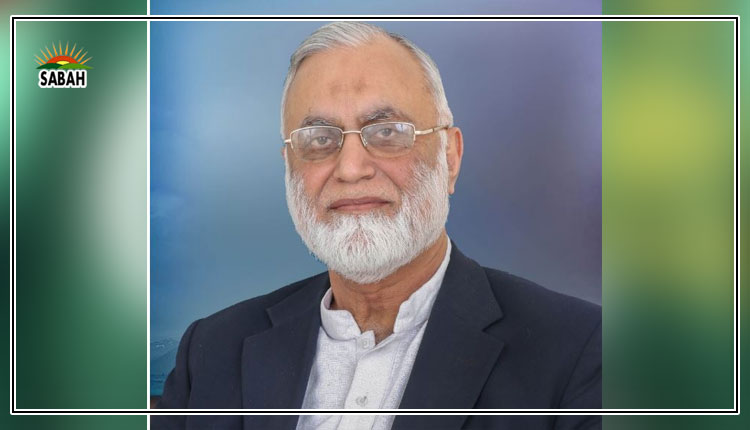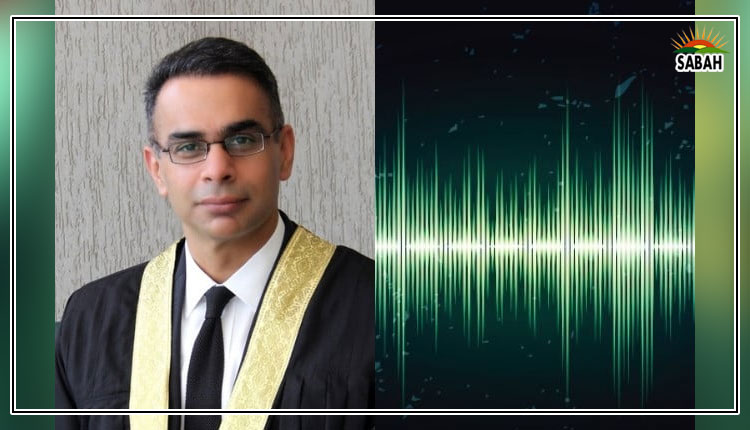Islamabad High Court Justice Babar Sattar throws out FIA, PTA, PEMRA’s recusal pleas in audio leaks case
ISLAMABAD, April 29 (SABAH): Islamabad High Court’s (IHC) Justice Babar Sattar on Monday dismissed pleas filed by the Pakistan Electronic Media Regulatory Authority (PEMRA), the Federal Investigation Agency (FIA) and the Pakistan Telecommunication Authority (PTA) seeking his recusal from a case pertaining to audio leaks.
A similar plea was also filed by the Intelligence Bureau (IB), on which Justice Babar Sattar summoned its joint director Tariq Mehmood at the next hearing, the date for which is yet to be announced.
Last week, PEMRA had requested Justice Sattar to recuse himself from hearing the case, contending that another bench that had already dealt with an identical matter may proceed on the petitions in hand. Similar petitions were also filed by the PTA, FIA and the IB.
The development came as the court heard petitions filed last year by ex-premier Imran Khan’s spouse Bushra Bibi and Najam Saqib, son of former chief justice of Pakistan Saqib Nisar, against alleged audio leaks.
Najam Saqib had challenged the inquiry of a parliamentary committee on his alleged audio in which he purportedly sought a bribe while Bushra Bibi had challenged an FIA inquiry based on her alleged conversation with Zulfi Bukhari, a former aide to then-PM Imran Khan, for selling Toshakhana gifts.
On Monday, Attorney General for Pakistan Mansoor Usman Awan appeared before the court while senior counsel Aitzaz Ahsan was present for the court’s legal assistance.
Justice Sattar imposed fines worth Rs500,000 each on the FIA, PTA and PEMRA while dismissing their pleas seeking his recusal. He also hinted at initiating contempt proceedings against the bodies.
At the outset of the hearing, Justice Sattar said he would first hear and decide on the four miscellaneous applications seeking his recusal.
Additional Attorney General Munawar Iqbal Duggal informed the court that the FIA had sought the reformation of the bench as six IHC judges, including Justice Babar Sattar, had written a letter alleging intelligence agencies’ meddling in judicial affairs.
“What connection does an ISI matter have with the FIA? How is this letter related to the FIA?” the judge asked. Asking if the letter was related to intelligence agencies, he directed the AAG to read the relevant excerpts of the letter.
Justice Sattar observed that the judges had expressed their support for the claims made by IHC Justice (retd) Shaukat Aziz Siddiqui and for a probe into them.
“The part that you read, is this related to the ISI and not the FIA?” he asked AAG Duggal, to which the latter replied in the affirmative.
Noting that one of the petitions stated that the judges had “complained” about intelligence agencies, the judge remarked: “How is this a complaint? Justice (retd) Shaukat Siddiqui had made allegations. We are supporting them.”
He observed that the IHC judges’ letter was about the ISI and not the FIA. “Does the FIA have any connection with fixing hidden cameras in judges’ houses?” he asked.
“No, they have no connection,” the AAG replied, adding that he brought up the matter as one of the applications had mentioned the “agencies’ role”.
“If the executive blackmails judges, will it be a conflict of interest for the judges? How would you define conflict of interest?” Justice Sattar asked. Subsequently, the judge dismissed the FIA’s petition against him hearing the case with a fine of Rs500,000.
He again asked if the FIA had any connection with “even a single matter” mentioned in the judges’ letter, to which Duggal replied, “In retrospect, the FIA does not have any connection.”
“Then how can the FIA file a miscellaneous application [asking me] to not hear the case?” the IHC judge asked.
At this point during the hearing, Justice Sattar summoned an IB official to the rostrum, asking at whose approval the bureau’s plea was filed.
AAG Duggal responded that the IB’s joint director had given the approval. When asked the official’s name, the AAG replied that his name was Tariq Mehmood.
At the IB’s failure to provide a satisfactory response, Justice Sattar summoned the bureau’s joint director at the next hearing.
Justice Sattar also dismissed PEMRA’s and PTA’s petitions along with fines, warning that the court could also initiate contempt proceedings against the “authorities of all these institutions”, including PEMRA’s chairman and members.
At this, lawyer Ahsan praised the court’s decision, saying that it had made him “stand tall”.
Addressing AAG Duggal, the judge remarked, “The aim of filing miscellaneous applications seeking to transfer the case to another bench was to humiliate court proceedings.
“You and I live in the same world [and] are absolutely understanding this,” Justice Sattar said.
“Would a judge initiate contempt of court proceedings for their own benefit? Should the court stop hearing all cases pertaining to the IB and FIA?” he further asked.
“If your arguments are accepted, then we should not be hearing any case against the government,” the judge said while addressing AAG Duggal.
At this point during the hearing, Ahsan said, “I am glad that judges are now saying ‘enough is enough’. It seems that the judiciary has decided to take a stand.
“The judiciary should [also] have taken a stand on the [general] elections being held within 90 days. There is still time for us to stand up and get the house in order,” he added.
The senior politician recalled that alleged audios of ex-premier Nawaz Sharif, his daughter Maryam Nawaz and President Asif Ali Zardari had also emerged in the past. He contended that the FIA should take notice of such occurrences on its own as the matter was of public interest.
Ahsan expressed hope that the court’s orders would be implemented, saying, “I believe in the Parliament’s supremacy and the Constitution’s super supremacy.”
Justice Sattar then directed Ahsan to assist the court at the next hearing, stating that he could also submit a written briefing on the case if he wished.
Subsequently, the hearing was adjourned with the date expected to be announced in Monday’s written order.












